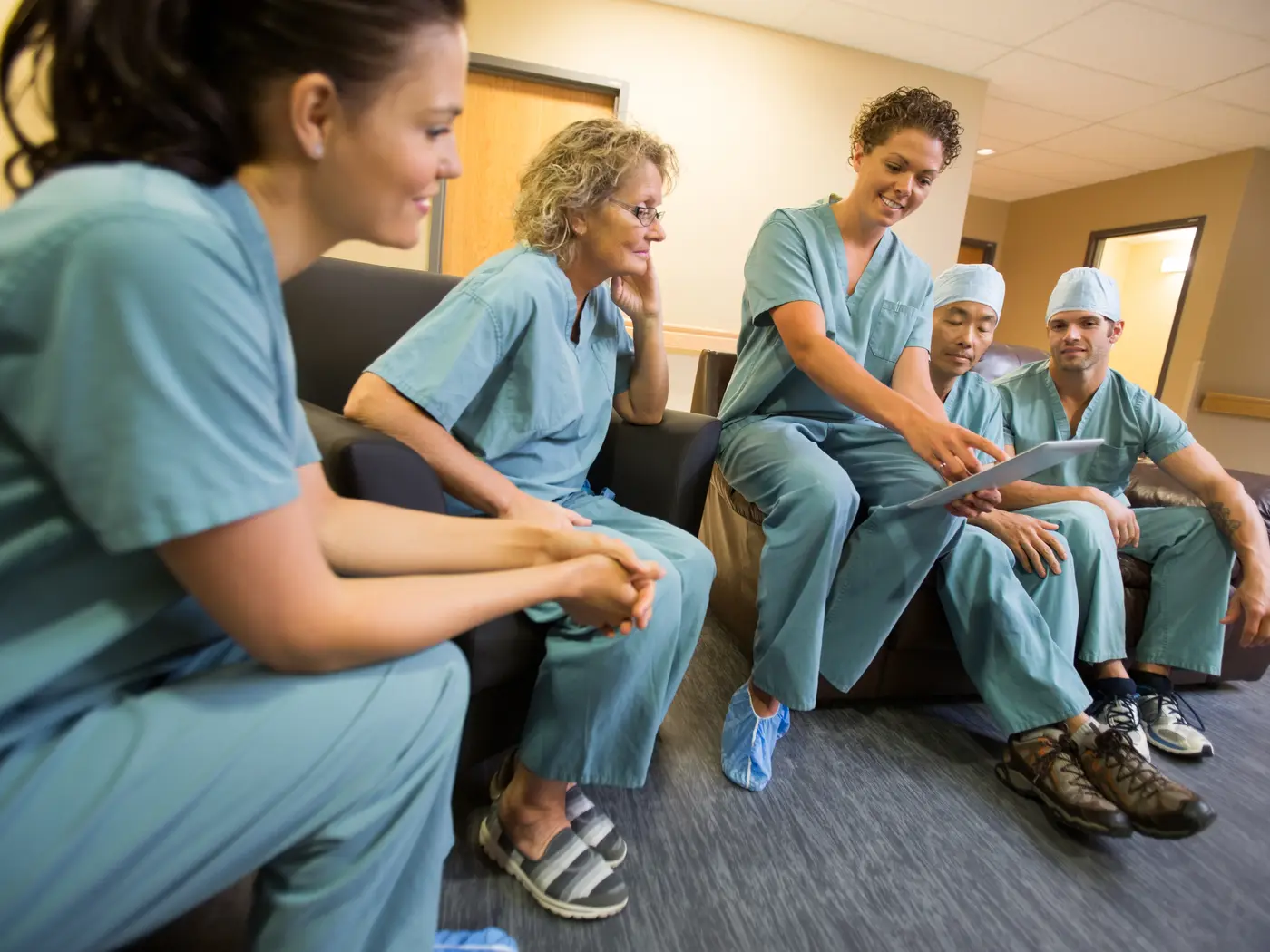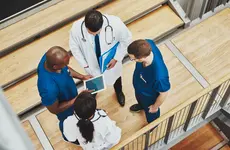MIT Sloan Health Systems Initiative
Healthcare Operations
Our faculty are working with industry leaders to re-design how healthcare is delivered. Working closely with industry leaders, we know how to successfully implement and scale system-level process improvements.
We start by “thinking outside the clinic” with efforts to prevent disease by addressing social determinants of health, such as diet, exercise, and wellness visits. When a health problem does occur, our faculty are at the frontier of operations management, working to streamline the flow of patients and services within and across delivery locations. But simply developing new algorithms and processes isn’t enough to improve operations; our faculty includes leaders in workforce management with a deep understanding of change management and provider engagement at all levels of healthcare delivery.
Our work seeks to ensure that the right person is delivering the right care in the right place at the right time.
Selected projects
MIT Sloan Health Systems Initiative
Research spotlight: Understanding Change Management in Healthcare
Kate Kellogg shows that implementing new processes and workflows requires finding those with leverage and giving them tools and tactics to change daily interactions and institutionalize the changes.
Learn MoreRelated links: our work

Contact HSI
HEALTHSYSTEMS@MIT.EDU
100 Main Street, E62-471
Cambridge, MA 02142




